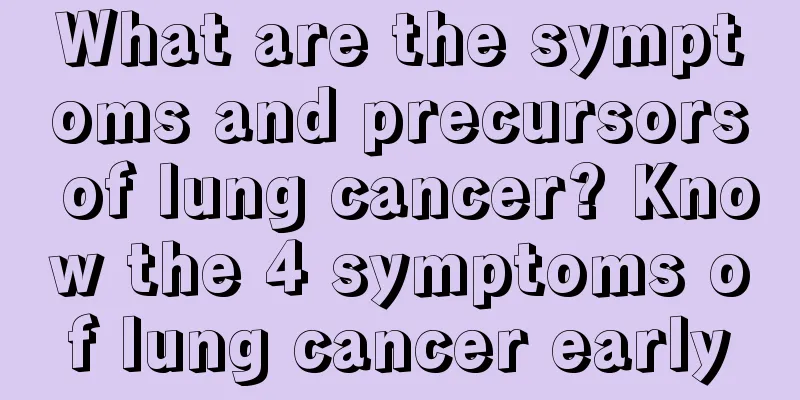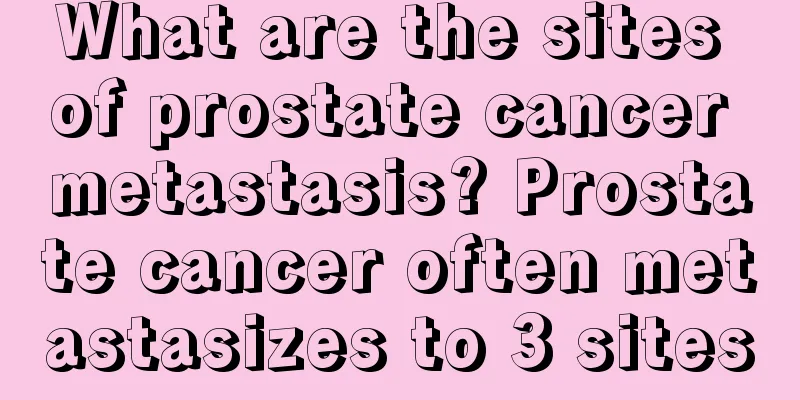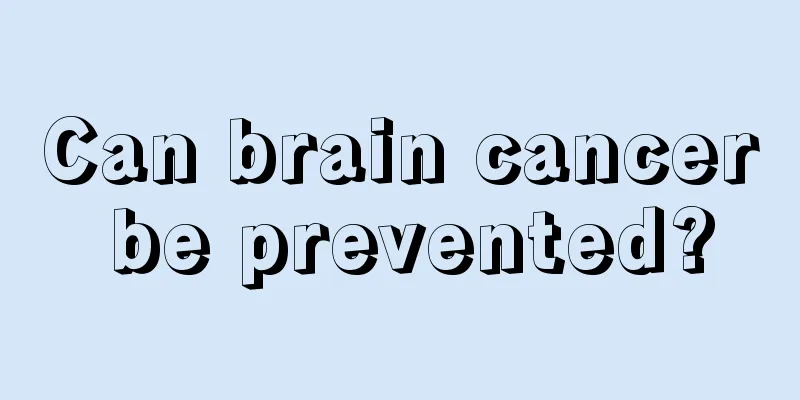The consequences of smoking and drinking for nasopharyngeal cancer

|
Nasopharyngeal carcinoma is closely related to smoking and drinking. Long-term smoking and alcoholism will significantly increase the risk of disease, so it is necessary to quit smoking and have regular screening. The occurrence of nasopharyngeal carcinoma is related to multiple factors such as genetics, environment, and physiology. Smoking and drinking are important external factors. 1. Genetic factors. People with a family history of nasopharyngeal cancer have a higher risk of the disease, which is related to gene mutation or genetic susceptibility. It is recommended that people with a family history undergo regular nasopharyngeal examinations, such as nasopharyngeal endoscopy, CT or MRI, to detect lesions early. 2. Environmental factors. Long-term exposure to smoke, chemicals or air pollution increases the risk of nasopharyngeal cancer. Smoking is one of the main causes. The carcinogens in tobacco can directly irritate the nasopharyngeal mucosa and cause cell mutations. Quitting smoking is the key to reducing the risk, while avoiding exposure to secondhand smoke. 3. Physiological factors. Chronic rhinitis, sinusitis and other inflammations can stimulate the nasopharyngeal mucosa for a long time and may induce cancer. Excessive drinking can damage the mucosal barrier and increase the absorption of carcinogens. It is recommended to control the amount of alcohol consumed, with no more than 2 drinks per day for men and 1 drink per day for women. 4. Trauma. Long-term mechanical stimulation or damage to the nasopharynx, such as frequent nose picking and nasal surgery, may increase the risk of cancer. Pay attention to protecting the nasopharynx and avoid unnecessary stimulation or damage. 5. Pathological factors. Epstein-Barr virus infection is closely related to nasopharyngeal carcinoma. The virus interferes with the normal function of cells and leads to cancer. Regular physical examinations and screening for Epstein-Barr virus antibodies can help detect risks early. Treatment of nasopharyngeal carcinoma requires individualized treatment according to the condition. Early stage can be controlled by radiotherapy, commonly used methods include three-dimensional conformal radiotherapy, intensity modulated radiotherapy, etc. In the middle and late stages, chemotherapy is required, and commonly used drugs include cisplatin, paclitaxel, etc. Surgery is suitable for local lesions, such as endoscopic surgery, open surgery, etc. Immunotherapy such as PD-1 inhibitors are also gradually used in clinical practice. The key to preventing nasopharyngeal cancer is to change bad living habits. Quit smoking and limit alcohol consumption, and avoid long-term exposure to harmful environments. Eat more foods rich in vitamins A and C, such as carrots and citrus fruits, to enhance immunity. Keep the nasal cavity clean and treat nasal inflammation in time. Regular physical examinations, especially for those with a family history or high-risk factors, are recommended to have nasopharyngeal examinations every year. The prevention and treatment of nasopharyngeal carcinoma requires comprehensive measures, from lifestyle and environmental control to regular screening. Early detection and early treatment are the key to improving the cure rate. For high-risk groups, they should be more vigilant and seek medical treatment in time to avoid delaying the disease. |
<<: What are the drugs for nasopharyngeal carcinoma
>>: Is colon cancer invading the bladder in the late stage?
Recommend
Methods for checking eczematous breast cancer
Breast eczematoid carcinoma is a common female di...
I suddenly have body odor but the smell is not strong, what's going on?
The sudden appearance of body odor is quite commo...
Is fried broad bean eggs poisonous?
Broad beans are a kind of legume we often eat. Ma...
What are the examination methods for thyroid cancer
What kind of examination methods should be used f...
Good habits in kindergarten
We all know that for some children, only by educa...
The dangers of canola olive oil
Canola olive oil is a vegetable oil with relative...
Is ruptured capillaries dangerous?
Capillary rupture is very common in daily life. I...
Is it better to fix a broken tooth or extract it?
If your teeth are damaged, you should of course p...
How to comfort a baby when he has a tantrum
When babies lose their temper, many parents get m...
How to clean shrimp tails
With the development of society, people's dem...
The secret to preventing and treating teratoma
Teratoma is a benign gynecological disease. Ovari...
How is a pituitary tumor detected
In our daily life, we should pay attention to som...
What is the reason for male baldness?
In recent years, hair loss has become one of the ...
How to massage to promote digestion?
We may often experience symptoms of indigestion i...
The dangers of small cell lung cancer
There are two types of lung cancer: small cell lu...









